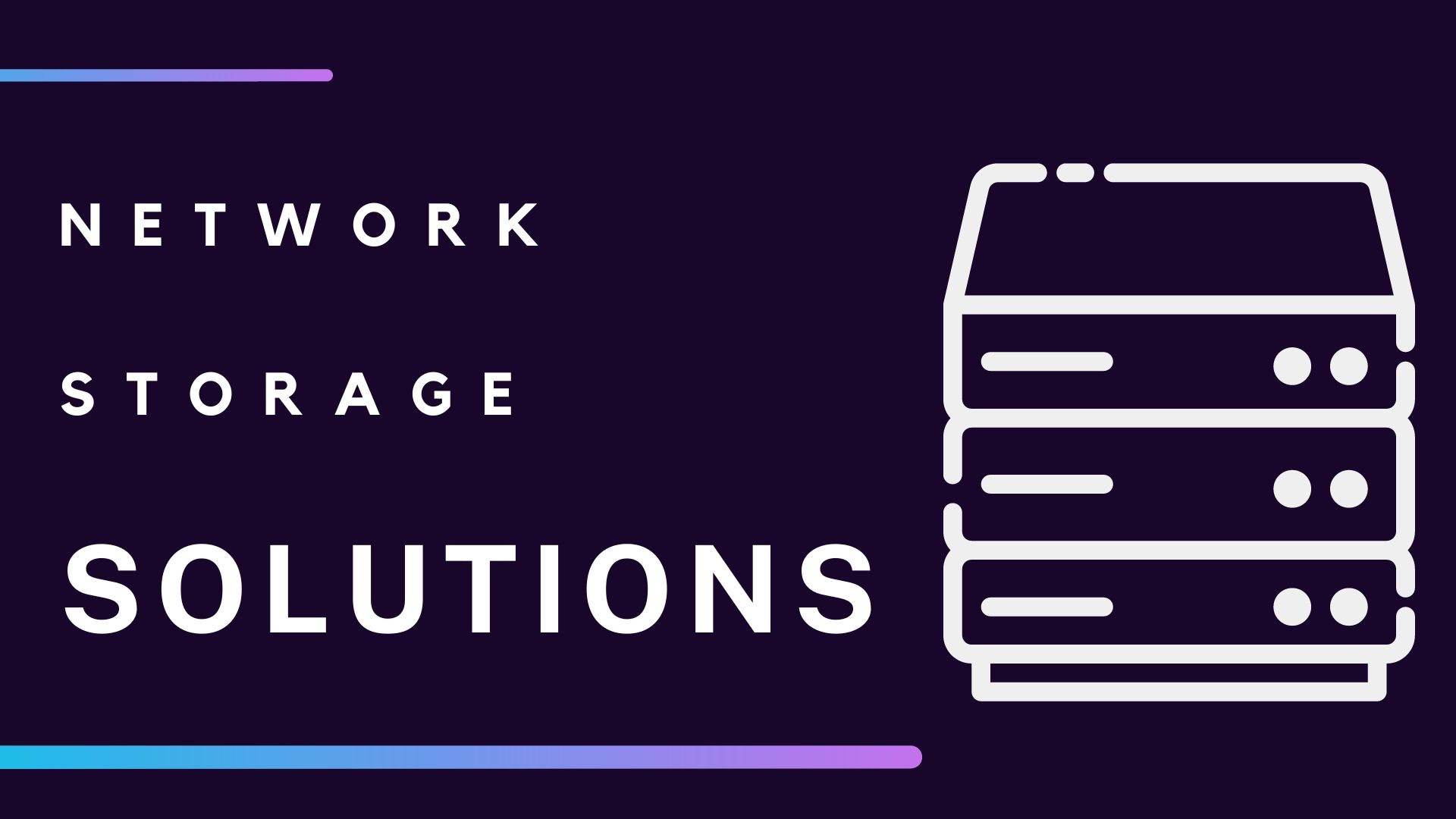In today's digital age, data is the most valuable asset for businesses. Managing and storing the vast amount of data generated by organizations has become a major concern. This is where network storage solutions come into play. Network storage refers to the use of data storage technologies in the form of storage arrays, servers, and software applications that are used to store and manage data across the network. In this blog post, we will take a comprehensive look at the different types of network storage solutions that are currently available in the market.
What is Network Storage Solutions?
Network storage solutions are a broad category of technologies and methods used to store and manage data on a network, rather than locally on individual devices. Network storage solutions offer various benefits like centralized access, increased capacity, improved collaboration, and enhanced security.
Direct Attached Storage (DAS)
Direct Attached Storage (DAS) is the most basic and simple form of storage that is directly connected to the host servers. This solution is ideal for small businesses with limited storage requirements. DAS devices can define their physical location, and it comprises a single server or workstation that hosts storage devices. DAS is also a highly reliable solution for archiving, backups, and hosting applications for users needing low response times.
Network Attached Storage (NAS)
Network Attached Storage (NAS) is an advanced storage solution that comprises a dedicated device connected to a network for shared storage access. It is ideal for businesses needing more storage than DAS, and it provides excellent file sharing and collaborative capabilities. Users can access NAS through Ethernet or Wi-Fi networks, and the device software also makes NAS accessible to remote users.
Storage Area Network (SAN)
Storage Area Network (SAN) is a high-performance storage solution typically used by large organizations needing fast storage for message passing between storage devices. This solution requires special hardware and devices such as FC (Fibre Channel) switch, HBA (Host Bus Adapter), and a direct connection to storage devices. The SAN solutions are intended for the high-performance applications that require fast access to databases, transactional applications, and virtualized environments like VMware.
Cloud Storage
Cloud storage is a relatively new addition to the storage solutions arena, but it has transformed the way storage is being consumed. This is an Internet-based solution, accessible globally and provides storage services such as data backup, disaster recovery, and data archiving. The cloud storage solution is ideal for businesses with a need to store and access large volumes of data from any location around the globe using a simple Internet connection.
Object Storage
Object storage is another type of cloud storage designed to increase the ability of data storage to work in modern software environments. Object storage is known for its scalability, accessibility, and affordability, enabling businesses to store data reliably and on an extended basis. This NAS storage solutions is ideal for businesses with extremely large storage requirements, such as media or video companies.
Conclusion
Choosing the right network storage solution is crucial for businesses to ensure optimal performance, growth, and reliability. The four types of storage solutions mentioned in this post provide something for every business, regardless of the size or complexity of their data storage needs. By understanding the differences between Direct Attached Storage (DAS), Network Attached Storage (NAS), Storage Area Network (SAN), Cloud Storage, and Object storage, enterprises can choose a storage solution that provides the best performance, security, and scalability. Remember, the type of storage solution required depends on the volume of data, the hardware used, application types, and business needs. We hope this overview of network storage solutions has been helpful to you!
